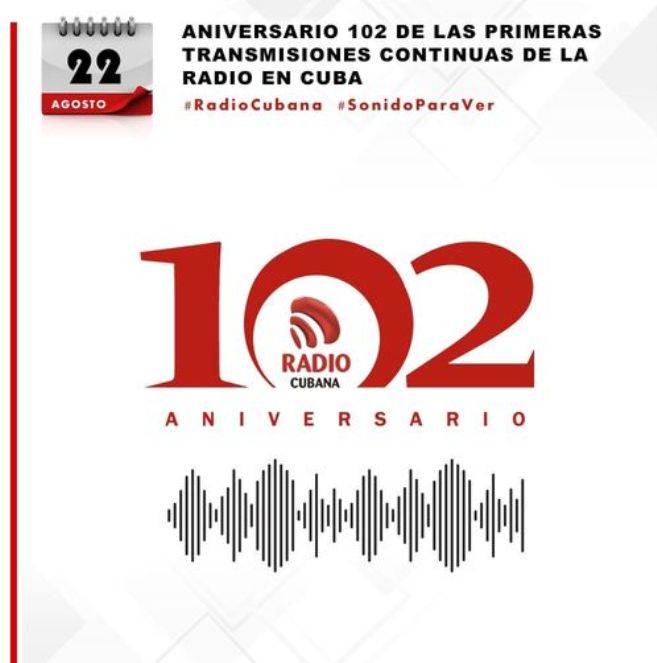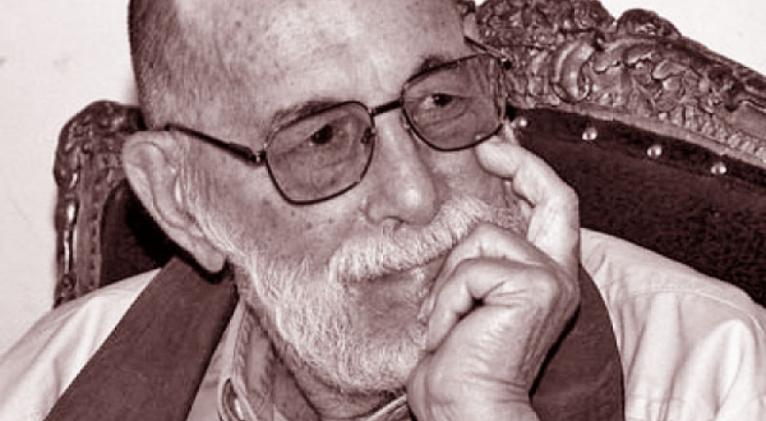Luis Casas and the beginnings of Cuban radio

On 22 August 1922, Luis Casas Romero made the first radio transmission in Cuba, marking the first steps towards the establishment of this communication medium in the country. Using a ten-watt transmitter from his home on Calle Ánimas # 99, the renowned musician and composer made this first broadcast in a rudimentary manner, but with significant reach, as the radio spectrum was not congested at the time.
Founded by the pioneer of radio in Cuba, 2LC remained active for six years, during which time it provided a variety of information, including weather updates, time services, summaries of world news and sporting events, as well as a midday music programme. In its brief but influential existence, the station broadcast for six hours a day, and was managed mainly by Casas’s son.
The significance of this first broadcast, remarkable for its impact on the country’s history and its enduring presence today, is closely linked to the legacy of Luis Casas, a figure who deserves greater recognition for his substantial contributions to music and his innovative work. He created over 500 musical scores in genres such as bolero, zarzuela, criollas and marches, and composed iconic pieces such as «El Mambí«. He also founded the first electro-mechanical roller factory for player pianos, along with prominent figures such as Moisés Simons, Vicente Lanz, Ernesto Lecuona, Jaime Prats and Nilo Menéndez.

Historians have highlighted his contributions to the use of Cuban music in radio broadcasting, as well as the incorporation of other distinctive elements of national identity, alongside the development of public service profiles that the medium began to reveal.
«Luis Casas Romero’s relationship with radio did not end with the disappearance of 2LC. On 16 December 1933 he founded COC, the first shortwave station in Cuba, which fifteen years later was bought by Guido García Inclán, who transformed it into Radio C.O.C.O., the Newspaper of the Air. Luis Casas also founded the CMCK and was the artistic director of the CMC of the Cuban Telephone Company,» explains researcher Luis Casariego.
However, the importance of this work does not exhaust the legacy of a figure like Romero, and perhaps that is why it is important to remember him when we recall the beginnings of radio in this country. The inventive spirit of the man who took that first step was not without its setbacks, but it paved the way for a rich and profound history through which we pay tribute to all those responsible for shaping it and those who continue to enrich it.
Translated by Luis E. Amador Dominguez



